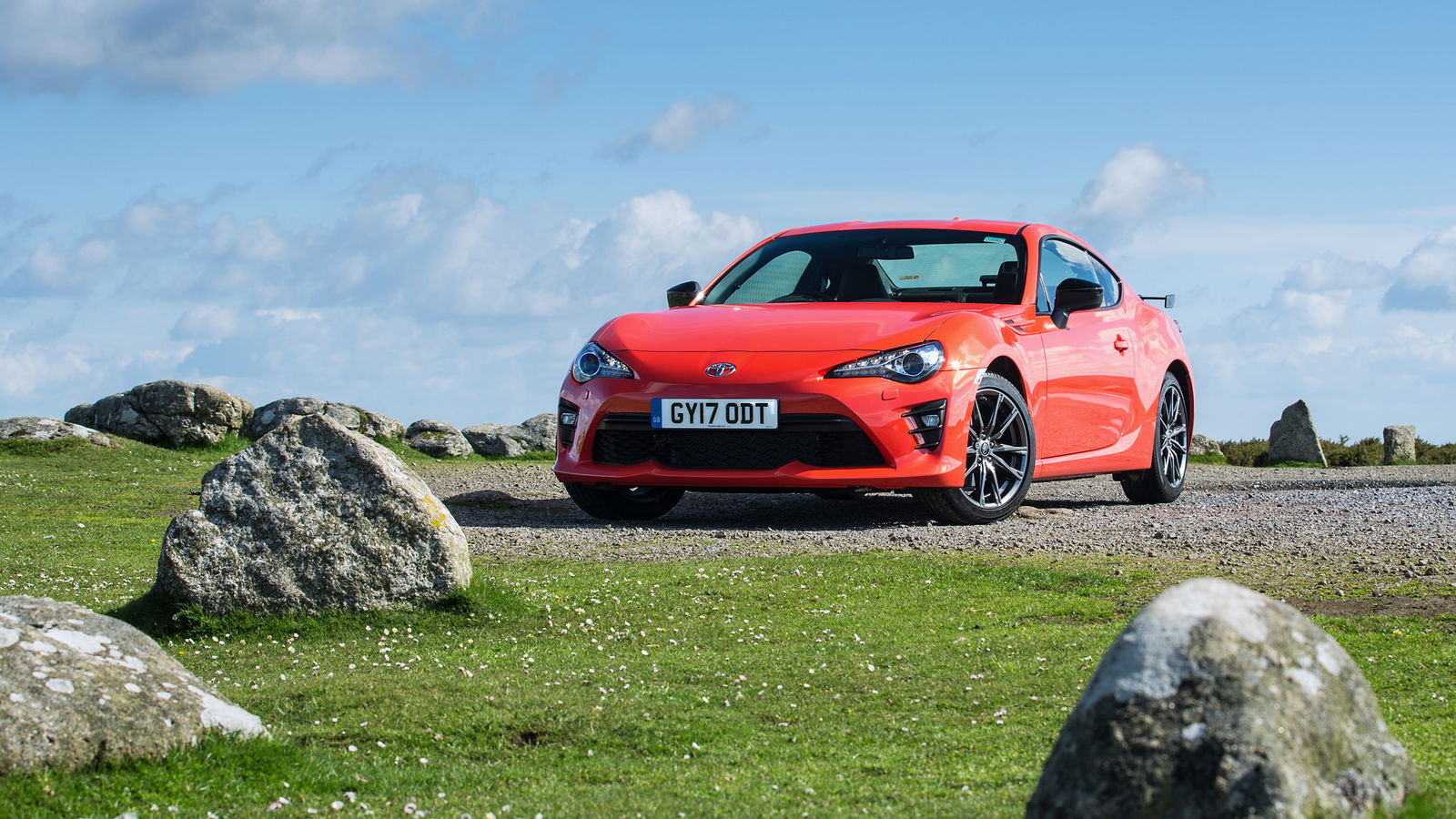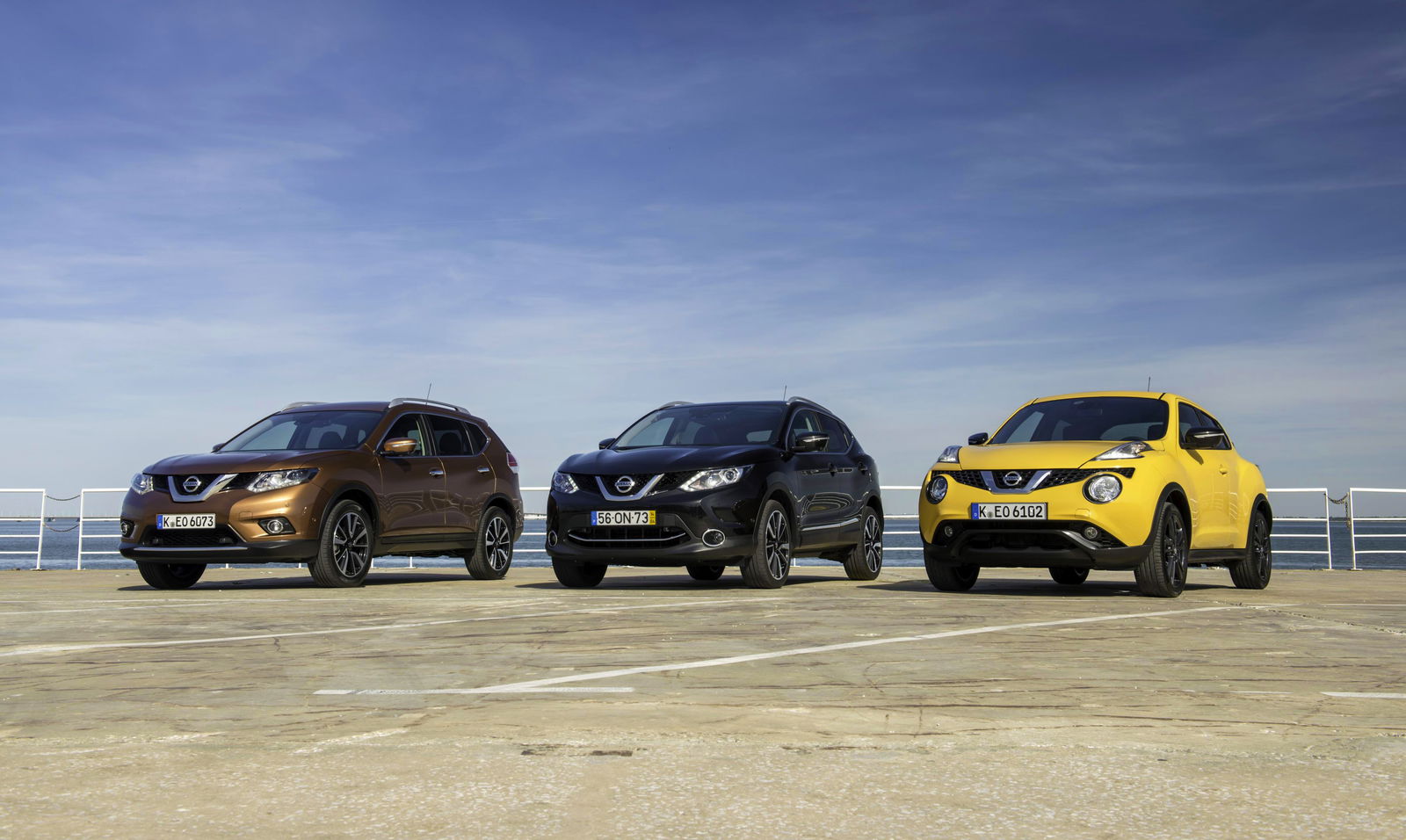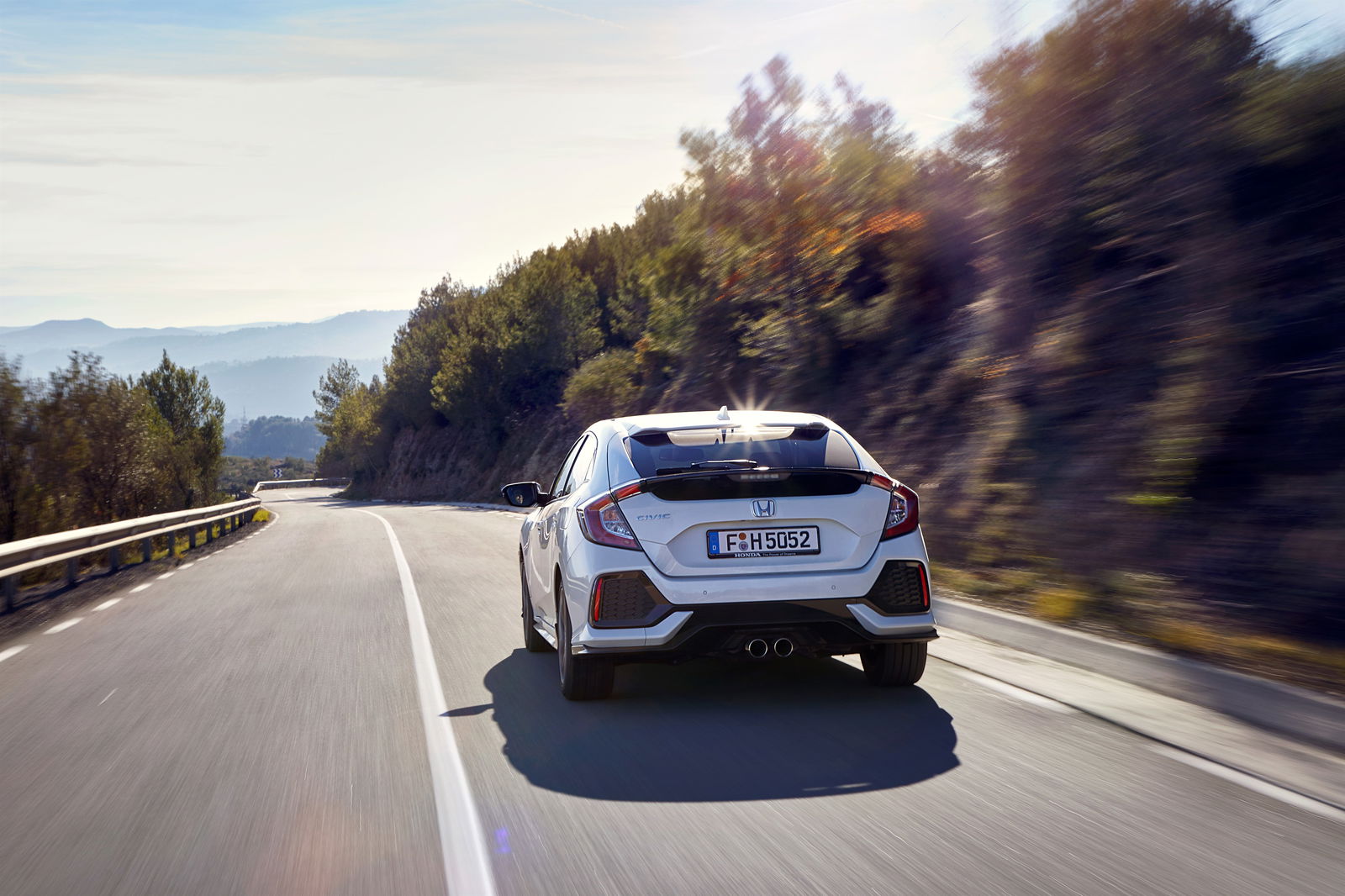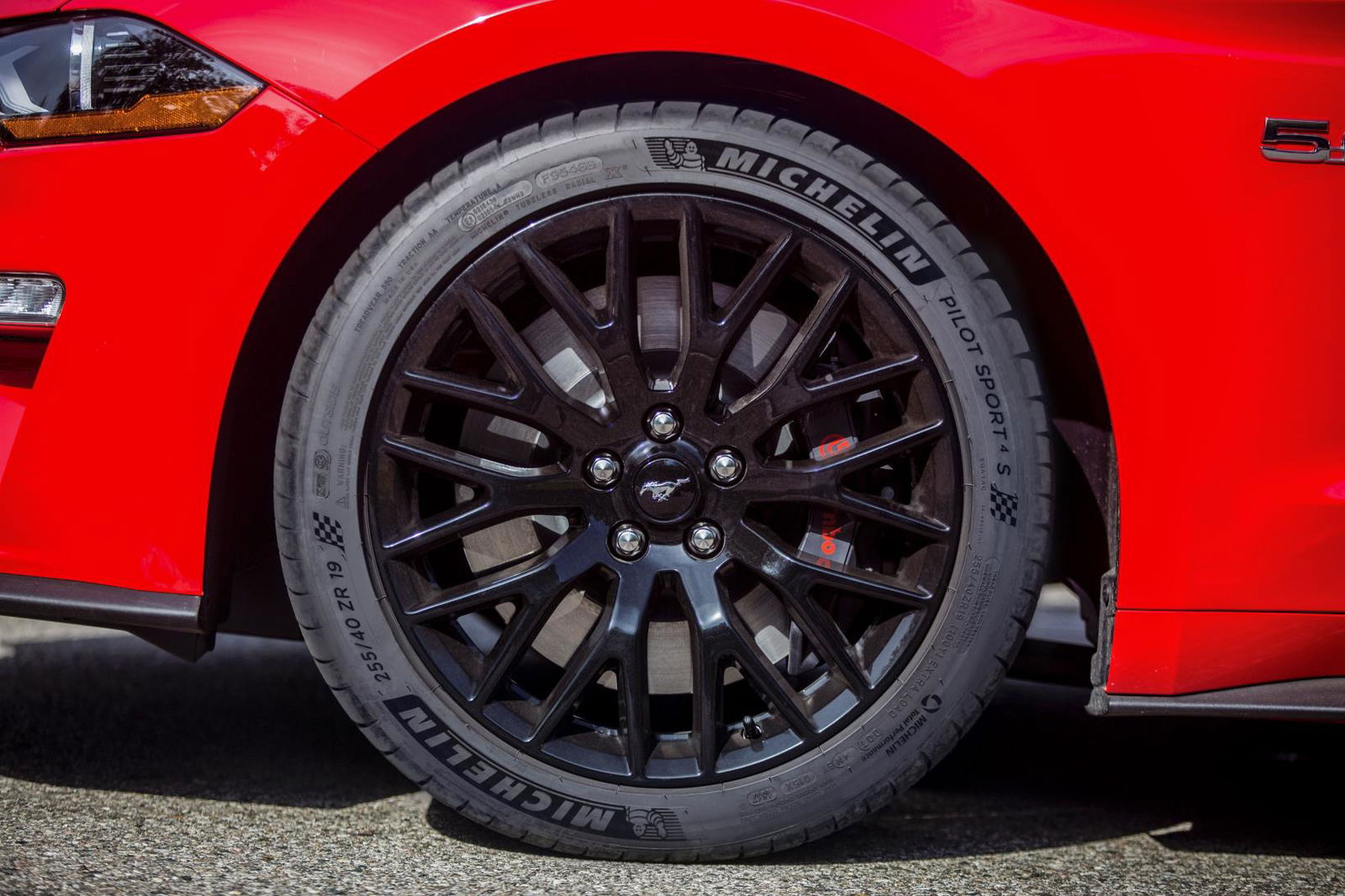A Sub-Standard Metal Scandal Could Affect Millions Of Cars

Vast numbers of cars could potentially have been built with sub-standard steels as part of the next big corporate scandal to hit Japan.
Kobe Steel, reportedly Japan’s third-largest steel maker and supplier to the likes of Honda, Toyota and Nissan, has admitted to false labelling of some of its aluminiums and coppers, making out that they conform to a manufacturer’s specifications… when they don’t.

The practice could back-date a decade or more. Automotive News has written that as much as four per cent of the aluminium and copper products shipped between September 2016 and August 2017 are below quality standards. Investigations into previous years are ongoing, and could take a while.
We stress that we don’t know any details on this at this stage, but the worst case scenario is that millions of cars might not conform to crash safety tests. We think it’s unlikely: given the volume of Hondas, Nissans and Toyotas on the road all over the world, and the number of collisions the law of averages suggests they should be involved in, we’d have heard before now if these cars were behaving like a cheaply-bandaged Jazz.

The car makers are said to be assessing the scale of the problem while Kobe’s share price has nosedived by 40 per cent. General Motors has been reported in Japan as another client of Kobe’s and is checking vehicles, but Daimler and PSA have flat denied buying the company’s metals.
This scandal comes in the wake of the Takata airbag disaster, which proved fatal on a number of occasions, and both Mitsubishi’s admission of Japanese-market emissions test tampering. These are not good times for the Japanese auto industry, which could explain why Mitsubishi has joined the Renault Nissan Alliance and why Mazda is seeking collaborative shelter beneath Toyota’s mighty umbrella.

Comments
That would make a lot of sense, especially for Nissan, my 1993 hardbody rotted out and ruined the frame after 3 years of it being rebuilt
Why would someone do this? Like bruh…
So, V-tec will no kick in
SOMEONE NEEDS TO FILE ABUSE AGAINST CARS FOR THAT KIA RIO COMMERICAL
Yay! Now I can pick up an 86 for my first car!
What about their luxury car sub brands
Like Infiniti Lexus and Acura, are they affected as well?
Sooooo this basically means that the GT-R, new Supra, NSX and others are now gonna drop in price or…? I mean GT-R should get cheaper now that we know that it’s made of even worse steel than we thought it was.
Saying Nissan’s SUVs are affected by a Japanese steel supplier is incorrect. Nissan’s SUVs are built in the UK, whom use Welsh and EU Steel to construct their cars.
I hope late 80s to early 90s ls400’s wont be affected, since from what im seeing in the comments older cars are being affected too
I think that just means everyone needs to buy corvettes since they are made of plastic not metal
Pagination